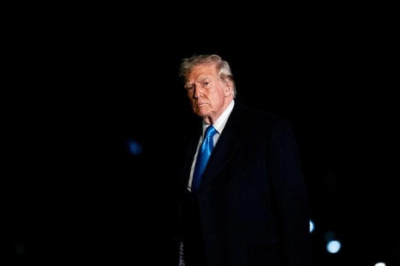
Key Highlights:
- US President Donald Trump has imposed tariffs on imports from Canada, Mexico, and China, citing national security concerns.
- Canada and Mexico retaliate with their own tariffs, increasing the risk of a full-blown trade war.
- Economists warn that tariffs may lead to higher prices for essential goods in the US, affecting everyday consumers.
What is a Trade War and Why Does It Matter?
Imagine you run a small shop selling imported chocolates. Suddenly, the government decides to impose a heavy tax on all chocolates coming from other countries. Now, you have to charge more, and customers start buying less. This is what happens in a trade war—countries impose tariffs (taxes on imports) on each other, making goods more expensive and businesses less competitive.
President Trump has imposed a 25% tariff on imports from Canada and Mexico and an additional 10% duty on Chinese goods, citing concerns over illegal immigration and drug trafficking. In response, Canada has placed a 25% tariff on US-made products, and Mexico plans to do the same. If China retaliates, the situation could escalate further.
How Does This Impact Everyday Life?
Trade wars don’t just affect governments—they impact everyday people. Many common household goods like food, clothing, electronics, and cars could become more expensive. Businesses that rely on imported materials may struggle, leading to potential job losses.
With nearly one-third of all US imports coming from these three countries, industries dependent on foreign products, from technology to agriculture, could suffer. The US Chamber of Commerce has warned that these tariffs could disrupt supply chains and make life costlier for American families.
Will There Be a Resolution?
Experts argue that while tariffs may protect domestic industries in the short term, they often lead to higher costs and economic instability. Trade wars rarely have winners—both sides experience losses due to reduced trade, rising prices, and economic uncertainty.
For now, all eyes are on how Canada, Mexico, and China will respond and whether diplomatic negotiations can prevent further economic fallout. Will the US back down, or are we looking at a prolonged global trade conflict? Only time will tell.








































Leave a Reply